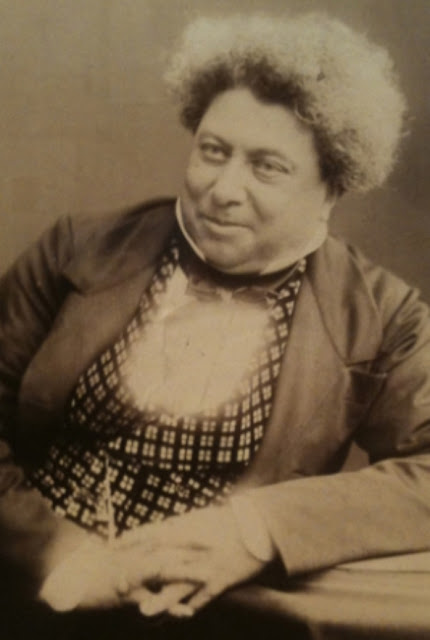Estaba en el Museo contemplando extasiado el hermoso cuadro de Van Dyck “El beso de Judas”. De pronto sonó una voz detrás de mí, una voz queda y lúgubre, que me hizo estremecer de espanto.
— ¿Verdad, caballero, que yo tengo cierto parecido físico con el discípulo traidor del Hijo de Dios?
Me volví asustado.
El que me hablaba era un hombre de alta estatura, vestido completamente de negro, el cabello y la barba del color del azafrán, los ojos saltones, la piel colgante, amarilla por la ictericia…
— Y vea usted lo que son las coincidencias —añadió el desconocido— también me llamo Judas como el que vendió á Cristo.
Y sonriéndose tristemente:
— Pero no desconfié usted de mí…
Crea usted que en el fondo soy un buen hombre.
Y agarrándose de mi brazo, como si fuéramos amigos de toda la vida, me invitó á tomar un bock de cerveza.
Yo le seguí maquinalmente, entre asustado y curioso.
Ya en el café, el extraño personaje me contó su historia entre bock y bock de cerveza, hablando siempre con aquella voz queda y lúgubre, que daba escalofríos. No tenia nacionalidad conocida; era judío y había nacido de cualquier madre y de cualquier padre, no sabía dónde. Vivía solo en el mundo, sin mujer, ni hijos, ni amigos. Practicaba la medicina, aunque no era médico —Esto me ha proporcionado el placer —añadió sonriendo— de matar á mucha gente con toda impunidad. —Había viajado mucho, viajaba constantemente. Tenía casi tantos años como la Humanidad. Y le aburría a vida, y ya una vez había intentado suicidare colgándose de un árbol.
— Ya le he dicho á usted —concluyó — que no tengo amigos. Los hombres me inspiran un profundo desprecio. Odio, mejor. Pero usted, sin saber por qué, me ha sido simpático. Tiene usted cara de bueno y de inteligente. Así como yo me parezco al discípulo traidor, usted se parece al Maestro sublime. Y yo necesito, para salvarme, sentir algún afecto noble, amar á alguien, tener un amigo siquiera…
Y cogiéndome las manos y estrechándomelas nerviosamente entre las suyas, heladas como las de un muerto, añadió:
— Sí…, aunque usted no quiera, yo seré su amigo, su hermano… ¡La regeneración del mundo está en el amor! Yo he pasado la vida odiando al Hombre… ¡Si llegase á amar estaría salvado!














